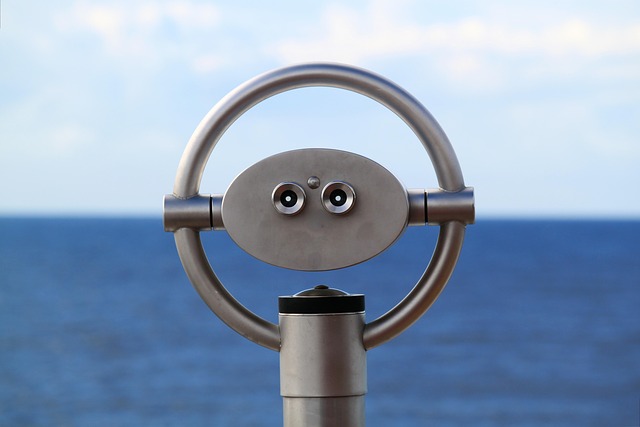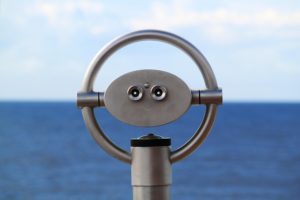The Maritime Industry Authority (Marina) has listed its plans and programs to accomplish its aim of further connectivity, mainly by ensuring an economic, efficient, safe, secure, and adequate maritime transportation system.
Domestic Shipping Service (DSS) director Sonia Malaluan, in a presentation during the 5th Philmarine Conference on June 27, said Marina’s objective is to “provide fast and efficient services, so we want to avoid regulatory burden, we want to reduce requirements, shorten processing time, check the cost of regulation to our stakeholders.”
Further, Marina is looking at the domestic shipping industry’s compliance with safety, security, and environmental protection rules and regulations.
Domestic shipping blueprint
DSS is currently formulating and finalizing a Domestic Shipping Roadmap (DSR), which will be part of the Maritime Industry Development Roadmap (MIDP), Marina’s 10-year roadmap covering all sectors governed by the maritime authority.
MDP, which was launched last year, covers maritime administration, domestic shipping, overseas shipping, maritime manpower, shipbuilding and ship repair, as well as encompasses new categories—maritime cruise, logistics, and fishing.
Malaluan said DSS conducted road-mapping workshops from May 2017 to November 2017 in Manila, Makati, Cebu, Davao, and Batangas, which resulted in the draft DSR.
The proposed domestic shipping roadmap includes programs to address challenges raised by stakeholders during the road-mapping workshops. These challenges include high costs, aging fleet, poor and inadequate port infrastructure, regulatory issues, lack of incentives and financing, and safety, security, and environmental concerns.
Malaluan acknowledged that shipping is capital intensive, with costs coming from acquisition, operations, fuel, and dry-docking, among others, and that profitability depends on the availability of infrastructure and the demand.
She added that there is also a need to really address the aging roll-on/roll-off (Ro-Ro) fleet, as the service is still the most popular for public sea transportation and benefits rolling cargoes. Data from Marina show that more than 50% of the passenger and cargo vessel fleet are zero to 20 years old. However, in terms of Ro-Ro ships, 39.9% are 36 to 40 years and above, while 13.8% are 31 to 35 years old.
Malaluan, meanwhile, hopes issues with infrastructure will be addressed by the current administration’s Build, Build, Build infrastructure program, which includes roads and port facilities.
Key implementation areas under the DSR are regulatory reform, legislation, organizational restructuring, capacity building, stakeholders’ collaboration, and introduction of technology and innovation. She noted that technology and innovation are needed so the domestic shipping industry will not be left behind by other nations.
Once finalized, the DSR will be included in the MIDP that will be submitted to President Rodrigo Duterte for approval.
Aside from the MIDP, the DSS is also set to release, following the recent approval of Marina’s Board of Directors, the rules covering cruise ships. Malaluan said the cruise shipping industry has been growing, and is shifting to Asia and Australia from western countries, presenting a big potential in cruise tourism for the Philippines.
Wood-hulled fleet phase-out
Malaluan said Marina will also do a more extensive campaign of phasing out wood-hulled ships and motor bancas as they comprise most of the country’s fleet. She noted the need for a support mechanism for those to be affected by the phase-out and modernization program. Malaluan noted that operators of these ships are willing to modernize.
DSS also intends to review and enhance its passenger service rating system.
Together with Marina’s Shipyard Regulation Service, DSS has signed a memorandum of agreement with the Department of Science and Technology for several projects in the maritime industry. She, however, did not provide more details.
DSS will also be coming up with a policy on age and size restrictions in the importation of cargo vessels and other types of ships, following the enforcement of restrictions for passenger vessels, tankers, and high-speed craft.
The planned policy, she noted, will still be subject to public consultation.
Another program is the development of a domestic shipping information system. Noting that “information is power,” Malaluan cited the need for “reliable, timely, accurate, [and] complete data” to support Marina’s studies and policies.
Another priority is the assessment of Republic Act (R.A.) No. 9295, or the Domestic Shipping Act of 2004.
Malaluan said it is necessary to review the effects of the law, especially regarding the deregulation of domestic shipping, the incentives provided, and the mandatory classification of ships, and to see whether the law’s provisions are “effective and resort to better services.” She said the review should be done by December this year.
She said all of these plans and programs are needed for Marina and the domestic shipping industry to achieve the MIDP’s goal of providing connectivity through economic, efficient, safe, secure, and adequate maritime transportation. – Roumina Pablo






